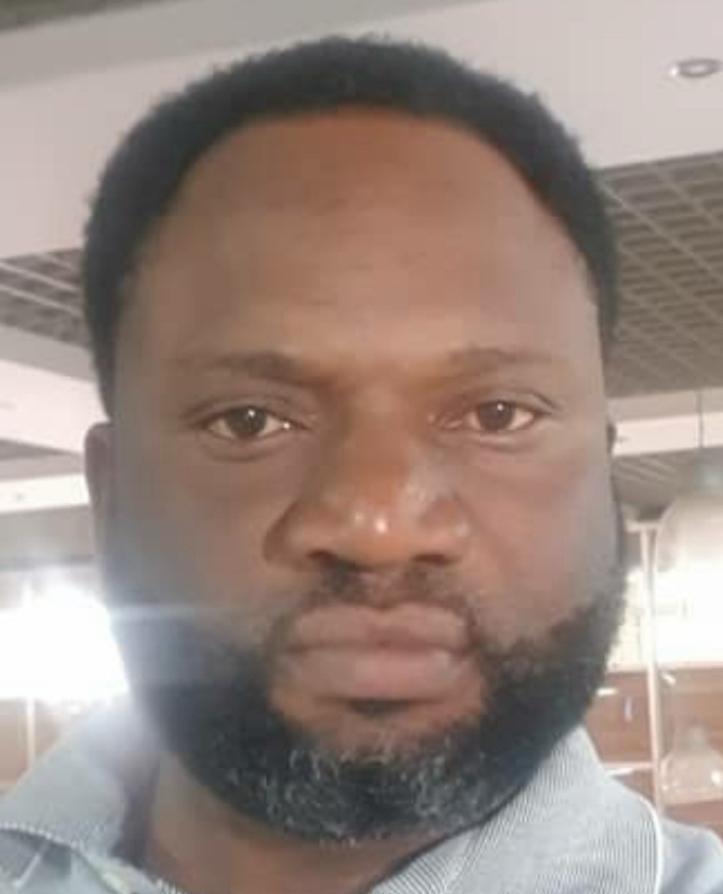Sponsored Advertisements
RELIGION AND SPIRITUAL BELIEFS OF THE IGBO PEOPLE
Insight
14 days ago
Comments (0)
- Be the first to comment!
Leave a Reply
New Discussions
-
Why Konnnect Africa Is More Than Just a Platform — It’s a Family! 🌍✨

Africa Connect
3 mins ago00 -
The Mathematical Models

Prince Sols
5 mins ago00 -
Top Money-Making Apps You Should Try in 2025 💸📱

Africa Connect
8 mins ago00 -
💞 THREAD: Signs a Girl Has Feelings for You 😳💬

Africa Connect
11 mins ago00 -
Whole sale and retailer

Excellency
14 mins ago22













Michael
14 days agoReligion and Spiritual Beliefs of the Igbo People
Before the arrival of Christianity and Islam, the Igbo people practiced a deeply spiritual and organized traditional religion that shaped their moral life, social order, and worldview. Their belief system was rooted in the understanding that life is sacred, and every event in the visible world has a spiritual origin.
Belief in the Supreme God – Chukwu (or Chineke)
At the heart of Igbo religion is Chukwu, the Supreme God, the creator of all things.
“Chukwu” comes from Chi (spirit or personal god) and Ukwu (great), meaning “The Great Spirit.”
The Igbo believed that Chukwu is almighty, invisible, and benevolent, the source of life (Ndụ) and destiny (Chi).
Though distant, He is approached through prayer, sacrifice, and intermediaries (lesser deities or ancestors).
The reverence for Chukwu shows that the Igbo always recognized one supreme Creator — a concept very similar to the biblical God.
The Role of Lesser Deities (Alusi or Arusi)
Under Chukwu are various deities, each responsible for specific aspects of life. These were not rivals to God but His servants or manifestations.
Some major examples include:
Ala (Ani) – the Earth goddess, guardian of morality, fertility, and justice.
Amadioha – the god of thunder and justice, believed to punish evil and falsehood.
Ekwensu – the spirit of conflict or negotiation, often misunderstood as evil, but originally linked to strength and cunning.
Igwe – the sky god, symbolizing balance between heaven and earth.
These deities helped maintain moral order and balance in human affairs.
Ancestor Veneration (Ndi Ichie)
The Igbo believe strongly in life after death. The ancestors are regarded as the living dead — righteous souls who live in the spiritual realm but still watch over their families. They are honored through prayers, kola nut offerings, and libations. The ancestors serve as mediators between God and humans, blessing, guiding, or warning the living when necessary. This deep respect for ancestors encouraged moral behavior, since only upright people could become honored ancestors after death.
Divination and Spiritual Guidance
To understand the will of God or solve spiritual problems, the Igbo used diviners (Dibia or Afa priests).
These diviners acted as prophets and healers, interpreting messages from the spirit world.
They were consulted before major events — such as planting seasons, marriages, or conflicts — to ensure divine approval.
Charms, symbols, and sacred objects were used for protection and healing.
Morality and Purity
The Igbo religion placed high value on moral purity, truth, and justice.
Offenses such as murder, theft, incest, or false oaths were considered abominations (nso ala) against the Earth goddess.
Cleansing rituals were performed to restore balance between humans and the spiritual world.
Transition to Christianity
When Christianity arrived in the 19th century, many Igbo people saw in it familiar ideas — one Supreme God, the concept of sin, and life after death.
Over time, the two systems blended in some communities, producing a unique Igbo-Christian spirituality where ancient respect for God, ancestors, and community still guides faith today.
Summary
The Igbo religion was not paganism but a structured system of faith centered on God, moral order, and community well-being.
It taught that all life comes from God and must be lived in harmony with nature, spirit, and others.
“Chukwu bu ndu” — God is life — expresses the heart of Igbo spirituality: everything begins and ends with the Creator.
Thanks